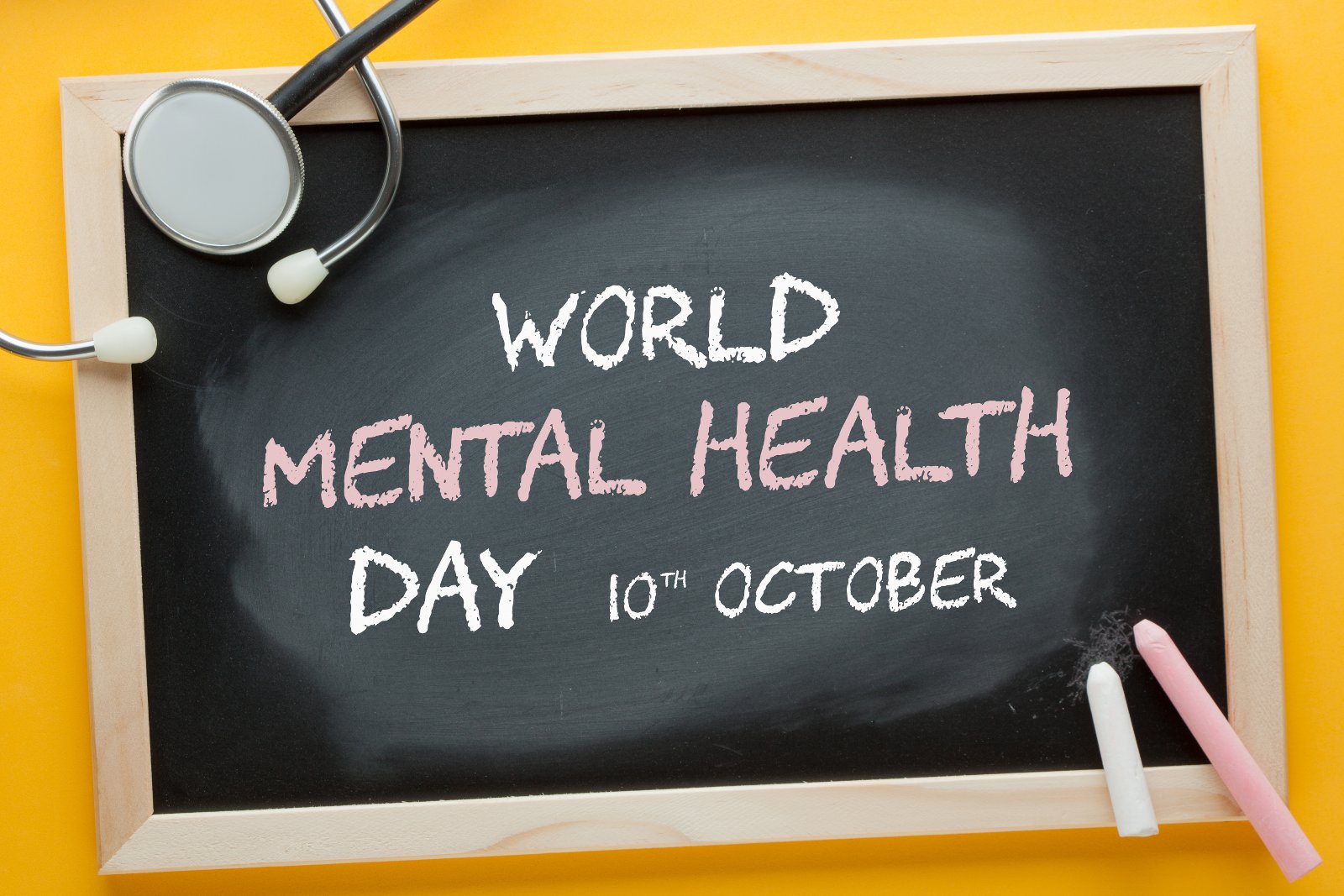World Mental Health Day The Importance of Mental Well-being and How We Can Support It
Every year on October 10th, the world comes together to observe World Mental Health Day, a day dedicated to raising awareness about mental health issues and mobilizing efforts in support of mental well-being. While progress has been made in recent years to address mental health stigma, there is still a long way to go in providing people with the support and resources they need. This year’s theme, “Mental health is a universal human right,” is a timely reminder of the critical importance of mental health and how it impacts every aspect of our lives.
In this blog, we will explore the significance of mental health, the challenges people face, and how we can support each other in promoting a healthier, more compassionate world.
Why Mental Health Matters
Mental health plays a pivotal role in determining how we handle stress, relate to others, and make decisions. It is an essential part of overall well-being, influencing our thoughts, emotions, and behaviors. Good mental health enables us to cope with the challenges of life, work productively, and contribute to our communities.
Unfortunately, mental health issues like anxiety, depression, and stress are increasingly common, affecting millions worldwide. According to the World Health Organization (WHO), one in every eight people globally lives with a mental disorder, which can impact their daily functioning and overall quality of life.
The stigma surrounding mental health can often prevent individuals from seeking help. They may feel isolated, judged, or misunderstood. World Mental Health Day aims to challenge these misconceptions and create an environment where mental health is treated with the same seriousness and care as physical health.
Challenges People Face
Stigma and Discrimination: One of the biggest barriers to addressing mental health issues is the stigma attached to them. People often fear judgment from others and are hesitant to discuss their mental health struggles openly. This stigma not only affects individuals but can also prevent them from accessing the care they need.
Lack of Access to Mental Health Services: Many individuals, especially in low- and middle-income countries, have limited or no access to mental health services. This lack of resources leaves many people untreated or under-treated, leading to worsening conditions.
Workplace Stress: In today’s fast-paced world, many employees face increasing levels of stress due to heavy workloads, tight deadlines, and work-life imbalance. Work-related stress can contribute to anxiety and burnout, significantly impacting mental health.
Social Media and Comparison Culture: The rise of social media has amplified comparison culture, where people constantly compare their lives to others online. This can lead to feelings of inadequacy, low self-esteem, and loneliness, particularly among younger generations.
How We Can Support Mental Health
While mental health challenges are complex and multifaceted, there are steps we can take as individuals, organizations, and communities to foster a supportive environment:
Raise Awareness and Promote Education: One of the most effective ways to fight stigma is through education. By learning more about mental health conditions and their effects, we can dispel myths and create an open dialogue that encourages empathy and understanding. Schools, workplaces, and communities should implement programs that educate people on recognizing mental health issues and supporting those who may be struggling.
Encourage Open Conversations: Creating safe spaces for people to talk about their mental health without fear of judgment is crucial. Whether it's with friends, family, or mental health professionals, conversations can provide comfort and encouragement to seek help. Being a good listener and showing compassion can make a significant difference.
Promote Self-Care: Self-care practices such as regular exercise, healthy eating, meditation, and sufficient sleep can improve mental well-being. These habits help reduce stress and promote emotional balance. Encouraging individuals to prioritize self-care is a proactive approach to maintaining good mental health.
Workplace Mental Health Support: Employers play a critical role in supporting the mental well-being of their employees. Organizations should foster a healthy work environment by promoting work-life balance, offering mental health resources, and creating opportunities for stress relief. Mental health days, counseling services, and flexible working hours are just a few examples of initiatives that can help employees manage their mental health.
Seek Professional Help: It’s important to acknowledge when professional help is needed. Therapy, counseling, or psychiatric treatment can be highly beneficial for those dealing with mental health issues. Encouraging people to seek professional help when they need it, without shame or fear, can lead to better outcomes.
Conclusion
This World Mental Health Day, let’s remember that mental health is just as important as physical health, and everyone deserves access to the care and support they need. By breaking down the stigma, promoting awareness, and encouraging open dialogue, we can work together to build a more compassionate and inclusive society. It’s time to make mental health a global priority and ensure that every individual feels seen, heard, and valued.
Let’s all play our part in supporting mental health—for ourselves and for each other.


Comments
Post a Comment